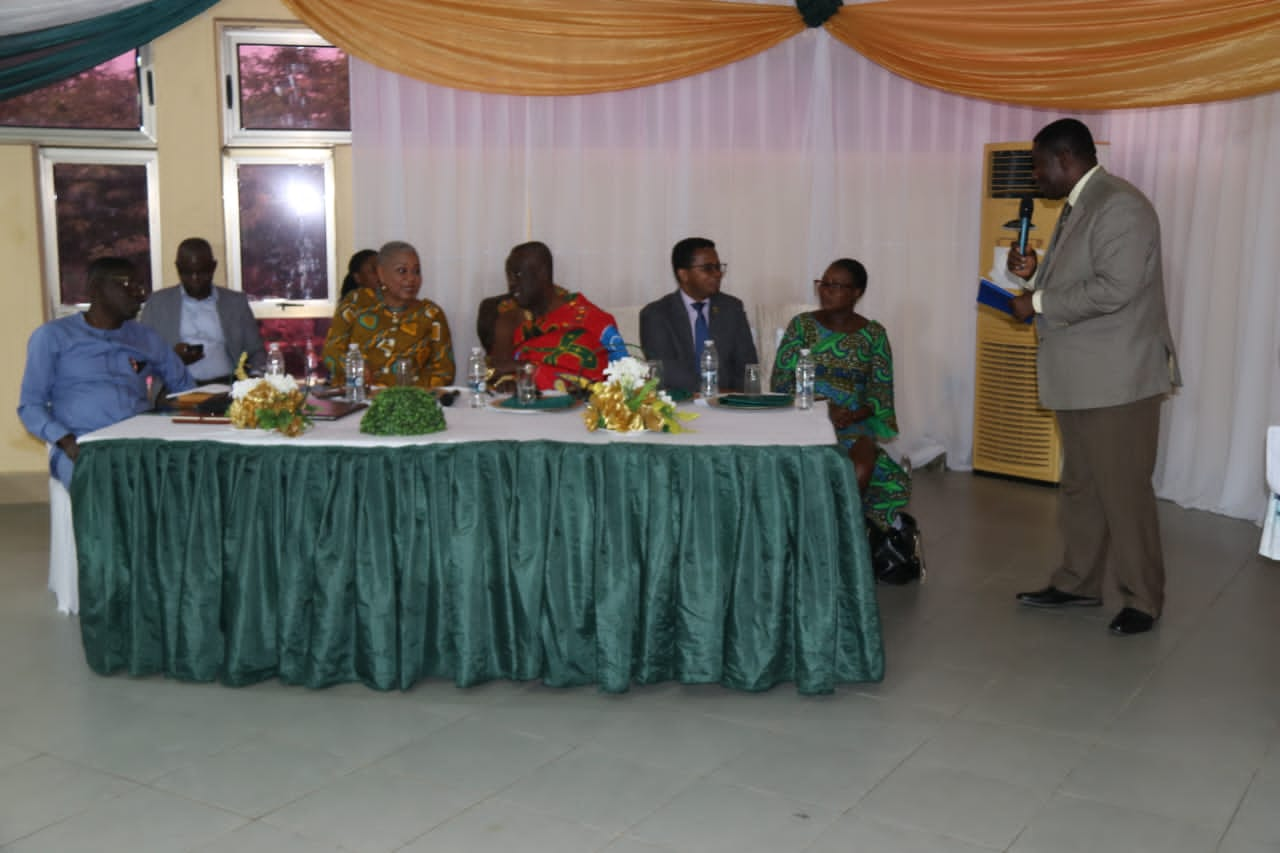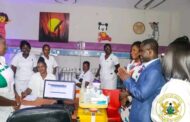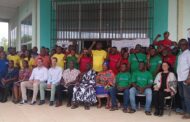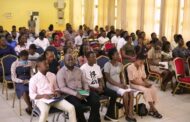The Ghana Health Service (GHS) has expressed concern over the high prevalence of Female Genital Schistosomiasis (FGS) in Ghana.
This issue was highlighted during a Regional Neglected Tropical Diseases (NTDs) Advocacy town hall meeting held in Koforidua on Tuesday.
The meeting aimed to gather ideas on combating NTDs amid financial constraints and inadequate awareness.
FGS is a significant health concern in Ghana, with prevalence rates among women ranging from 10% to 50%, compared to about 1% in men.
This disease can lead to severe reproductive health issues, including infertility in women and sterility in men. Symptoms include vaginal bleeding, genital itching, pelvic pain, and complications like ectopic pregnancies and increased susceptibility to other sexually transmitted diseases.
Dr. Joseph Kwadwo Larbi Opare, Program Manager for NTDs at GHS, emphasized the need for extensive education and awareness about FGS among healthcare workers and the general population.
Efforts are being made to integrate FGS education into daily health activities and training curricula to improve diagnosis and treatment.
The World Health Organization (WHO) estimates that nearly 56 million girls and women in sub-Saharan Africa are affected by FGS, which can cause severe health issues such as pelvic inflammation and fallopian tube obstruction.
Additionally, Dr. Winfred Ofosu, Eastern Regional Director of GHS, highlighted the role of NGOs in identifying suspected NTD cases and urged traditional leaders to help combat stigmatization and misconceptions about these diseases.
Rev. Dr. Joyce Aryee, Ghana’s NTD Ambassador, called for a multi-sectoral approach to tackle NTDs, emphasizing their impact on health, food security, education, and the economy.
Source:Mybrytfmonline.com/Obed Ansah




















































